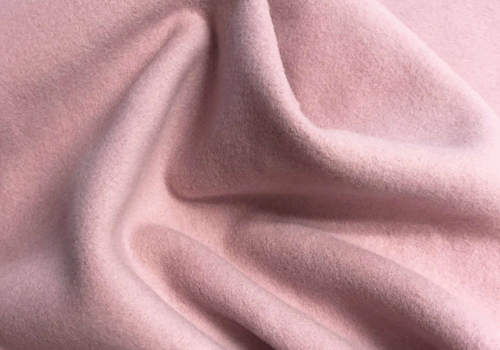Product Description
Home > Fabric > Knit Fabric > Organic Cotton Knit Fabric > Flece
FLEECE
Fleece is a man-made wonder product, if there is such a thing. Despite being named after the ‘fleece’ coat on a sheep, it’s 100% synthetic and derived from plastic rather than a fluffy sheep’s coat – despite being fuzzy to the touch. The super soft, warm and breathable nature of this magic material makes it perfect for outerwear and all things cozy.
Enquiry
Suggested uses:
This fabric has been used for everything from ear-warmers for baby calves, to underwear for astronauts. Its versatility makes it one of the most commonly used fabrics in the textile industry today.
As mentioned, fleece is the ideal material for athletic garments. The cloth wicks perspiration and moisture away from the body, keeping athletes dry, while letting air circulate through the fibers. It has also been known to keep odors from sweating at bay!
Organic Cotton
Organic cotton is cotton that is produced and certified to organic agricultural standards. Its production sustains the health of soils, ecosystems and people by using natural processes rather than artificial inputs. Importantly organic cotton farming does not allow the use of toxic chemicals or GMOs (genetically modified organisms). Instead, it combines tradition, innovation and science to benefit the shared environment and promote a good quality of life for all involved.
How much Sustainable & ecological Organic Cotton is?
Organic cotton has proven benefits and nothing can beat its claim for sustainability. Farmers, who shift to organic cotton farming, not only make their lives healthy but also benefit the ecosystem. As it eliminates the use of pesticides and fertilizers, organic cotton prevents contamination of groundwater, thus making drinking water clean and safe. It has been found that the impact of water pollution of organic cotton is 98% less compared to the conventional cotton production.
Today, one of the chief goals of cotton industry is to achieve sustainability. In fulfilling this goal, the industry scientists have developed new methods and technologies that are implemented across the supply chain all over the world. The industry concentrates on meeting the current demand of organic cotton, at the same time earning profits without compromising on the sustainability parameters. It ensures to reduce the environmental impacts at every step of cotton production, i.e. from not using GM seeds, to methods of cotton production and manufacturing practices used for finished products. Research has played an important role in achieving these targets of sustainability.
How comfortable Organic Cotton is for clothing?
Organic cotton also has been known to feel better in terms of comfort level as the threads of cotton have not been broken down or damaged by chemicals used in the growing process and thus will typically last longer. In this sense, organic cotton is a far better choice as it will last longer, so you are getting a better quality product for a similar cost. When looking to buy something like bedsheets, comfort and quality is typically widely looked for, and choosing organic cotton provides something more comfortable as well as having all the other benefits of organic cotton.
As can be seen, organic cotton has many benefits and is a great alternative to buying regular, non-organic cotton. The benefits of organic cotton are seen through their environmental impact, their impact on human health and the fact that they last longer and are more comfortable.


